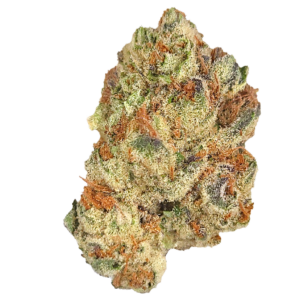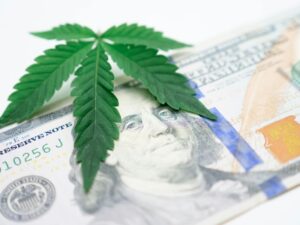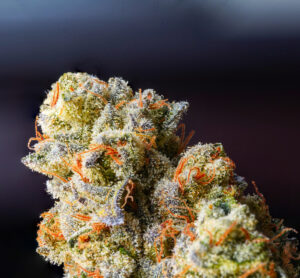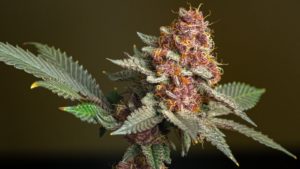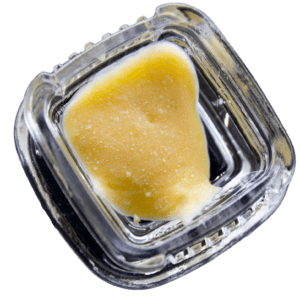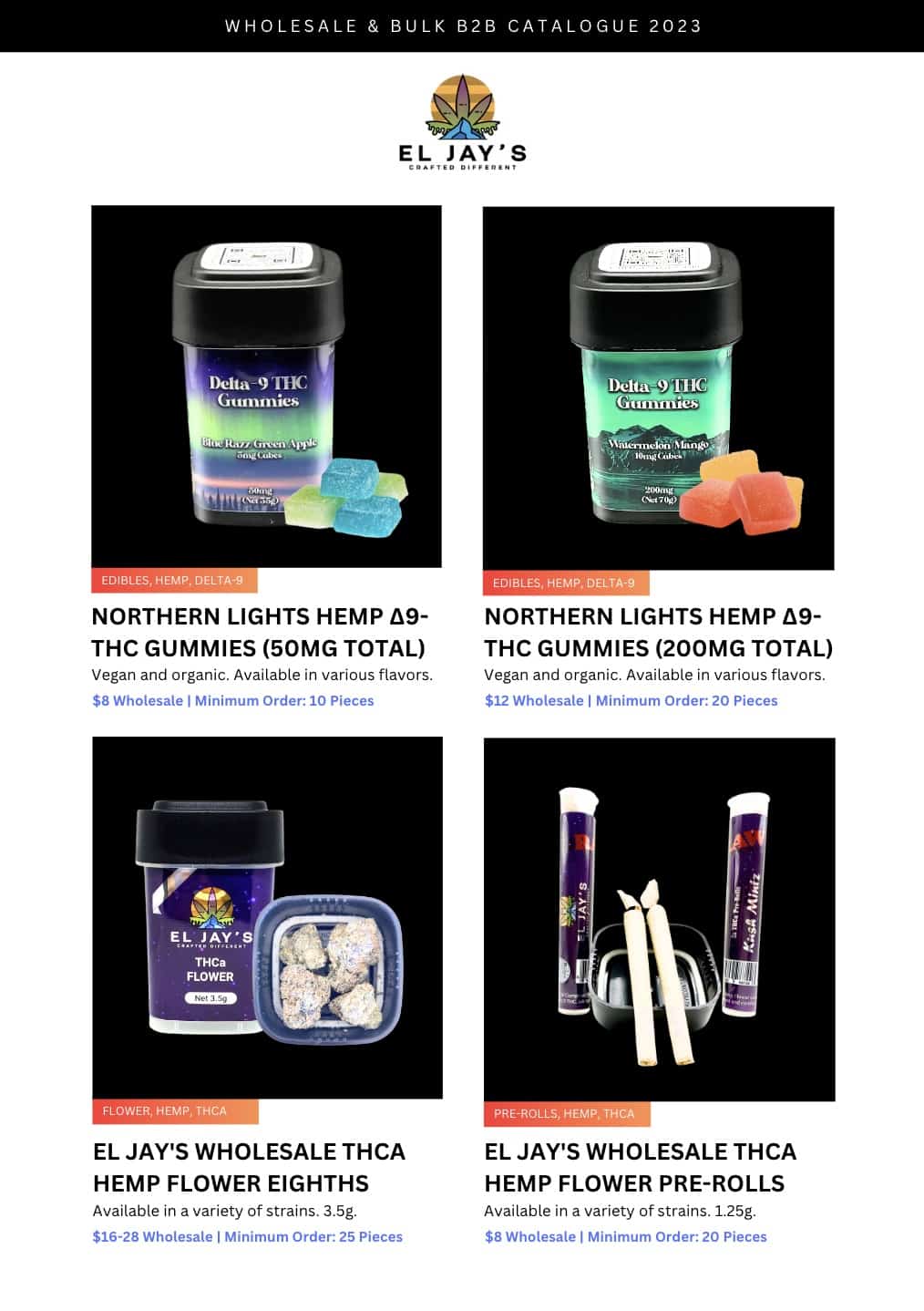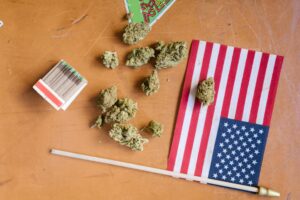
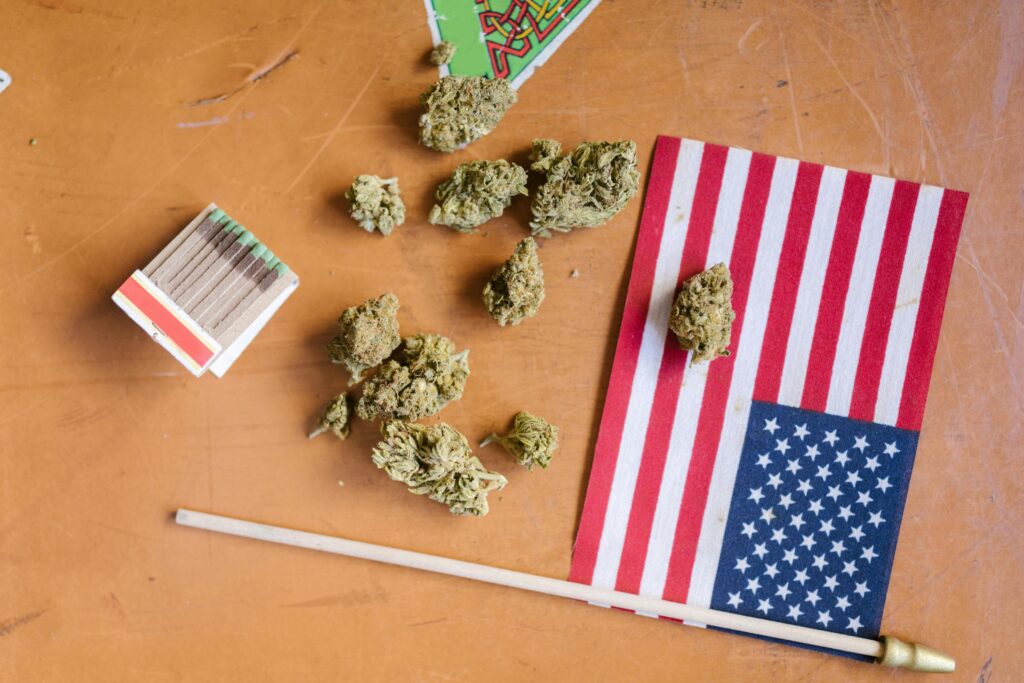
The THCa Hemp Flower Market: Trends, Legal Outlook & What’s Next (2025–2028)
THCa hemp flower is quickly emerging as a top-tier product in the cannabinoid space, bridging the gap between hemp legality and cannabis potency. As consumers and retailers flock to this “legal high,” questions arise about the sustainability of the market and looming regulatory shifts. In this post, we dive deep into the THCa hemp flower market trends—where it stands today, the forces shaping its future, and what stakeholders should expect in the coming years.
- What Is THCa Hemp Flower?
- Current Market Trends
- Market Forecast: 2025–2028
- Opportunities for Stakeholders
- Final Thoughts
What Is THCa Hemp Flower?
THCa (tetrahydrocannabinolic acid) is the non-intoxicating precursor to delta-9 THC, found naturally in raw cannabis. When heated through smoking, vaping, or cooking, THCa decarboxylates into THC—resulting in the psychoactive effects typically associated with marijuana.
Under the 2018 Farm Bill, hemp is legal so long as it contains less than 0.3% delta-9 THC by dry weight. Since THCa isn’t counted toward this limit (yet), flower rich in THCa is technically compliant at the federal level—creating a legal gray area that has fueled a booming market.
Current THCa Hemp Flower Market Trends
1. Skyrocketing Consumer Demand
Consumers are seeking cannabis-like experiences in states where marijuana remains illegal. THCa flower offers a nearly identical effect profile—complete with pungent aromas, frosty trichomes, and potent psychoactive effects after decarboxylation. Online THCa flower sales surged in 2023 and show no signs of slowing.
2. Premiumization of Products
Brands are investing in indoor grows, boutique genetics, and hand-trimmed buds. The top-shelf THCa flower market mirrors craft cannabis—with some strains testing at 25%+ THCa. Verified lab reports and terpene-rich profiles are becoming the industry standard.
3. State-Level Crackdowns
Some states are tightening their interpretation of hemp legality. In 2023, the DEA clarified that THCa can be considered a controlled substance if intended for human consumption and conversion to delta-9 THC. States like Georgia, Idaho, and North Dakota have moved to restrict or ban THCa products.
4. Expanding B2B Channels
THCa flower is becoming a staple for wholesalers, smoke shops, and wellness boutiques. Bulk orders and private label agreements are expanding rapidly, especially in non-legal states where recreational cannabis is unavailable.
Market Forecast: 2025–2028
1. Federal Regulation Will Tighten
It’s highly likely that regulators will move to close the THCa loophole. The USDA and DEA are evaluating “total THC” standards (which include THCa multiplied by 0.877), a change that would redefine what counts as compliant hemp.
What to Expect: More rigorous compliance testing, tighter state enforcement, and potential removal of THCa flower from the hemp category altogether.
2. Strategic Brand Positioning
To survive potential legal changes, brands may reposition THCa flower as a premium wellness product—focusing on raw consumption (juicing, tinctures, topicals) and non-psychoactive benefits of THCa in its natural form.
Note: Studies on THCa suggest anti-inflammatory and neuroprotective potential, but more clinical research is needed. Avoid making medical claims in marketing.
3. Industry Consolidation
The market is currently saturated with low-cost sellers. Expect mergers, acquisitions, and shutdowns over the next few years. Only vertically integrated or highly differentiated brands are likely to remain competitive.
4. Legal Cannabis Industry Integration
If federal cannabis legalization occurs in the next five years, many THCa operations may pivot into licensed marijuana markets—using their existing infrastructure and customer base to transition smoothly.
Opportunities for Stakeholders
Retailers & Distributors
- Highlight lab results and terpene profiles in product descriptions.
- Offer education-based content (blogs, videos, email series) to build authority.
- Diversify product offerings with THCa pre-rolls, moon rocks, and dabs.
Cultivators
- Invest in high-THCa genetics with bag appeal and robust terpene expression.
- Implement proper drying and curing processes for maximum preservation.
- Prepare for regulatory changes by adopting total THC testing now.
Brand Owners
- Build customer loyalty through transparency, quality, and storytelling.
- Create contingency plans for potential THCa reclassification.
- Explore international markets as THCa legality varies across countries.
Final THCa Hemp Flower Market Trend Thoughts
THCa flower is riding a powerful wave of consumer demand and legal ambiguity. While current THCa Hemp Flower market trends point to strong near-term growth, federal and state regulation may significantly impact the landscape. Companies that innovate, comply early, and cultivate trust will be best positioned to thrive—regardless of what direction the law takes next.
eljaysflower
Leave a Comment
About El Jay's
We take pride in offering organically-grown THCa flower that is lab-tested to ensure the highest quality and purity. Our dedication to using sustainable and natural growing practices ensures that our flower is free of harmful pesticides and chemicals. Click here to view all our product offerings.
Recent Posts
Shop Now
-
- Sale!
Wholesale THCa Hemp Live Resin Badder – Choose Your Strains
- $950.00 – $3,250.00Price range: $950.00 through $3,250.00
- Rated 5.00 out of 5
- Select options This product has multiple variants. The options may be chosen on the product page
-
El Jay’s THCa Hemp Diamonds
- $25.99 – $67.99Price range: $25.99 through $67.99
- Rated 4.80 out of 5
- Select options This product has multiple variants. The options may be chosen on the product page
Contact Us
Sign up for our Newsletter
By submitting this form, you agree to receive emails from us.

